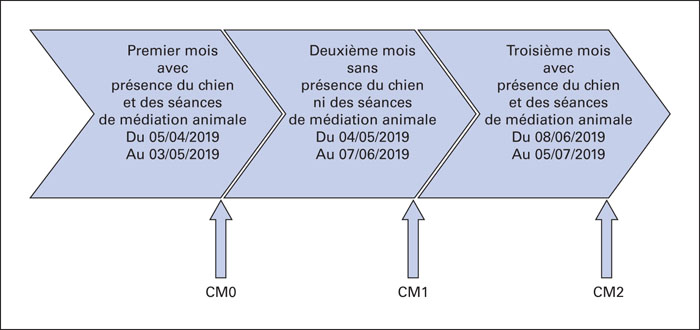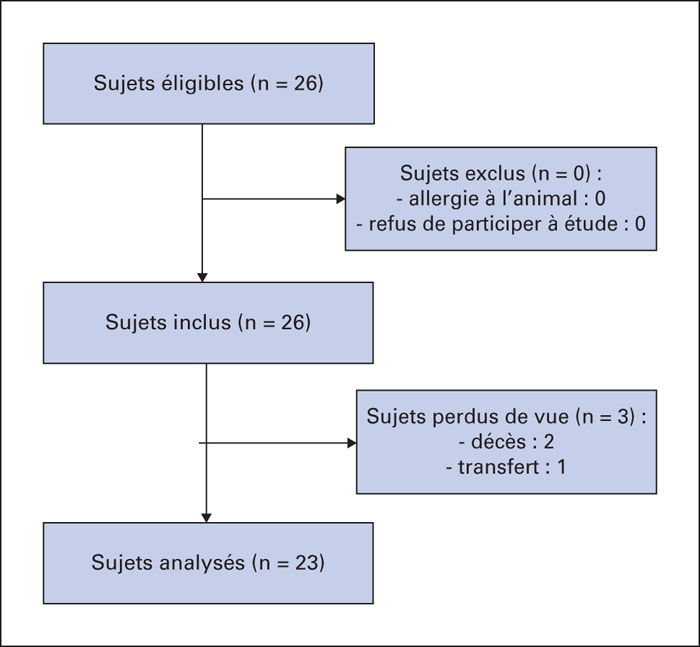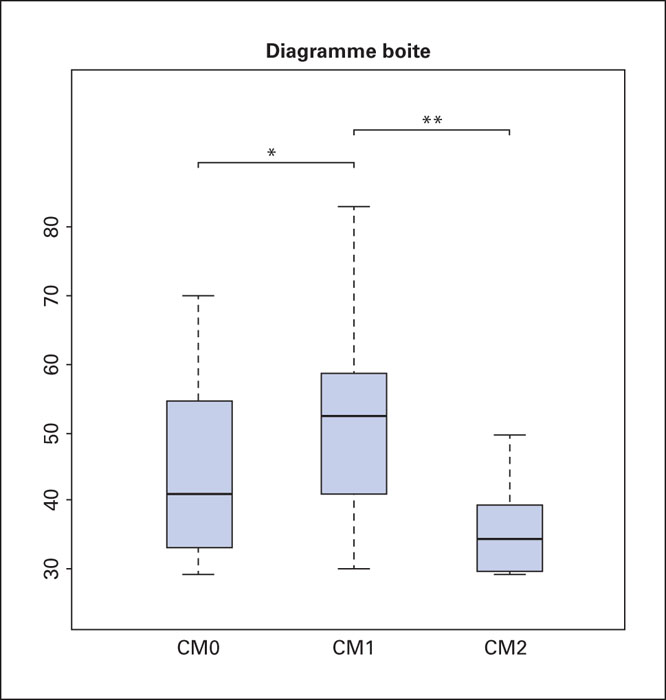Gériatrie et Psychologie Neuropsychiatrie du Vieillissement
MENUAnimal-assisted intervention and agitation in patients with dementia: evaluation in a special care unit by the Cohen-Mansfield Agitation Inventory Volume 19, issue 3, Septembre 2021
Figures
Tables
- Key words: animal assisted interventions, agitation, behavioral and psychological symptoms of dementia, pet therapy, dementia
- DOI : 10.1684/pnv.2021.0954
- Page(s) : 321-31
- Published in: 2021
Background: Animal-assisted interventions (AAI) show promising results but they suffer from a lack studies and contradictory results. Objective: Our study deals with dog intervention and agitation in older patients with dementia.Methods: An epidemiological quasi-experimental study was carried out in patients living in a Special Care Unit (SCU) of an Ehpad in the French Region of Haut-Rhin. Agitation was assessed by the Cohen-Mansfield Agitation Inventory at three consecutive periods of one month after the instauration, discontinuation and resumption of a dog mediation. Results: 26 patients were included in the study (76,92% female); mean age was 85,35 years and the mean score on MMSE was 6,85. Stopping AAI leads to a 11,9% relative increase in agitation (p = 0,03) whereas reintroduction of AAI leads to a 29,9% relative decrease in agitation (p < 0.0001). Conclusion: Animal-assisted interventions present an interesting and efficient therapy for agitation in older patients with dementia. However, further studies need to standardize their practices (rhythm, duration and type of interaction) to ensure an optimal care.




